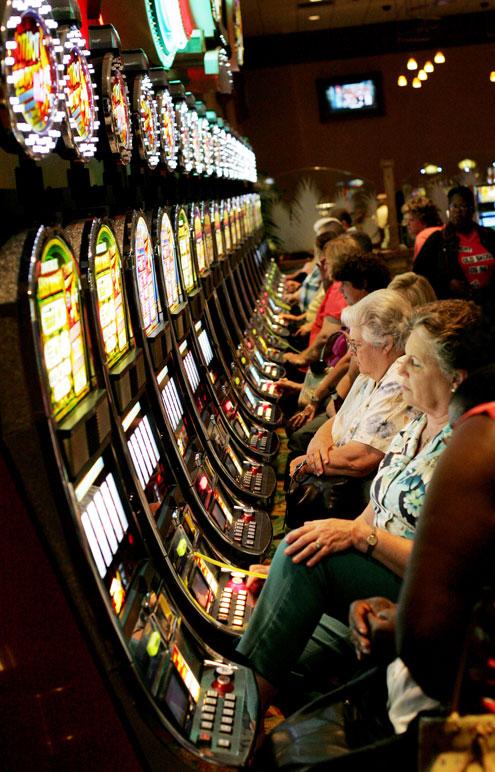I have seen firsthand the negative ways in which gambling can affect a person’s life. During the past two years, my grandfather developed a gambling addiction, which was eventually discovered as a side effect from an altogether different mental ailment. This addiction, though, ate through his personal finances, leaving him and my grandmother in serious debt, which ultimately led to the foreclosure of the home they lived in my entire life.
Gambling in this nature seems to have followed me in a way. You see, I was born in Biloxi, Miss., and lived in Gulfport for the first four years of my life. My family decided to revisit these old stomping grounds as part of our family vacation during my sophomore year in high school. Massive, beautiful casinos in Gulfport were in walking distance of dilapidated neighborhoods. During this trip, my father told me that men stationed at the naval bases in Gulfport never worried about their beloveds being unfaithful, but rather, having all of their assets lost by lonely women with nothing much better to do.
Gambling is something as tremendously dangerous as alcohol in its potential to ruin people’s lives. I witnessed my grandparents being forced to leave their home, and that sort of thing is never pretty.
Despite all of this, I have to agree with SoRelle Wyckoff’s call for the lottery in the state of Alabama.
I support the notion that the government has no business micromanaging the citizenry’s morality, which the Alabama legislature seems to have a knack for doing. But, I don’t think Alabama should jump headfirst into instituting a state lottery.
There is some interesting debate and commentary being had about the benefits of a lottery on various states’ education systems, but before we start using our failing education system as a propeller for a discussion about the lottery, we must look at what’s already holding our education system back: the state constitution.
It’s the longest still-functioning constitution in the world and is currently 40-times longer than the U.S. Constitution. The Alabama state constitution has a tax code that’s base is constructed by regressive taxes, which means things like sales taxes in your city could make or break its school system.
This means that those school systems located in the heart of the Black Belt, where commerce is scarce, are set at a tremendous disadvantage when it comes to funding. And I can assure you this sort of monetary segregation is not limited to the Black Belt.
If we ever hope to introduce the lottery to the state of Alabama, we must first re-write our awfully regressive tax code in order to give all Alabamians the opportunity to a fair shot in education. Otherwise, we’d be facing more of the same issues in our education system.
I want to rally behind those in favor of a lottery in Alabama, but first let’s rally behind those that want to fix our tax code and our archaic constitution, because otherwise, the lottery won’t be helping much.
Michael Patrick is a senior majoring in political science. His column runs on Tuesdays.









